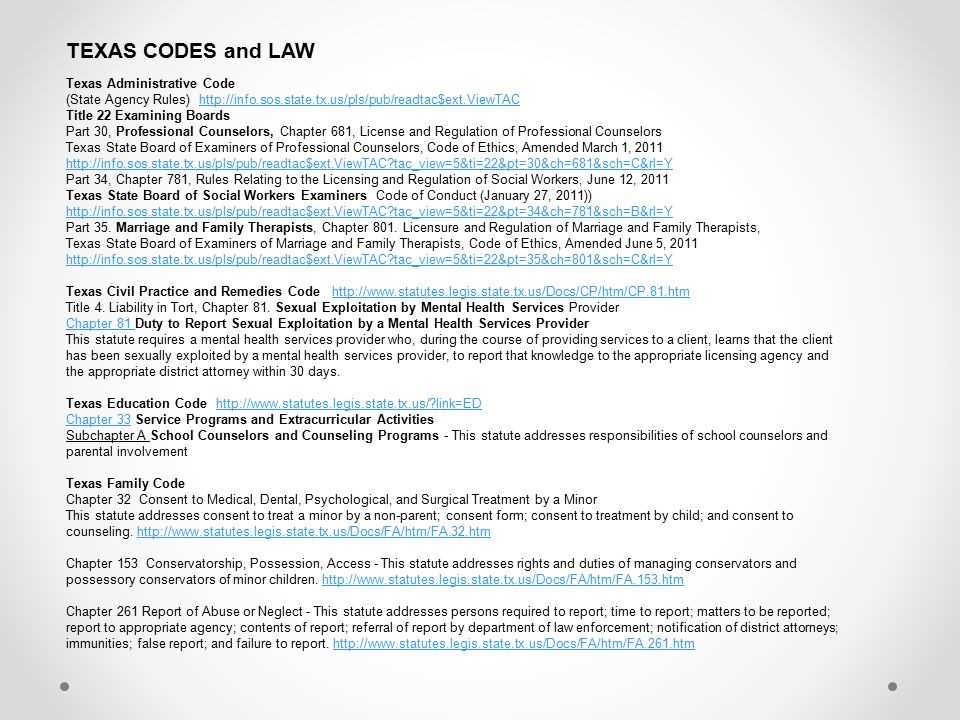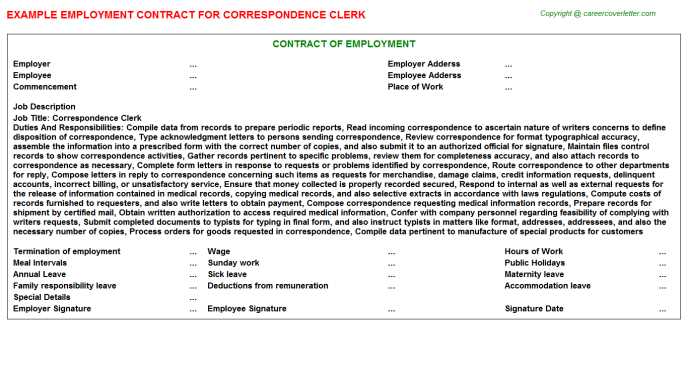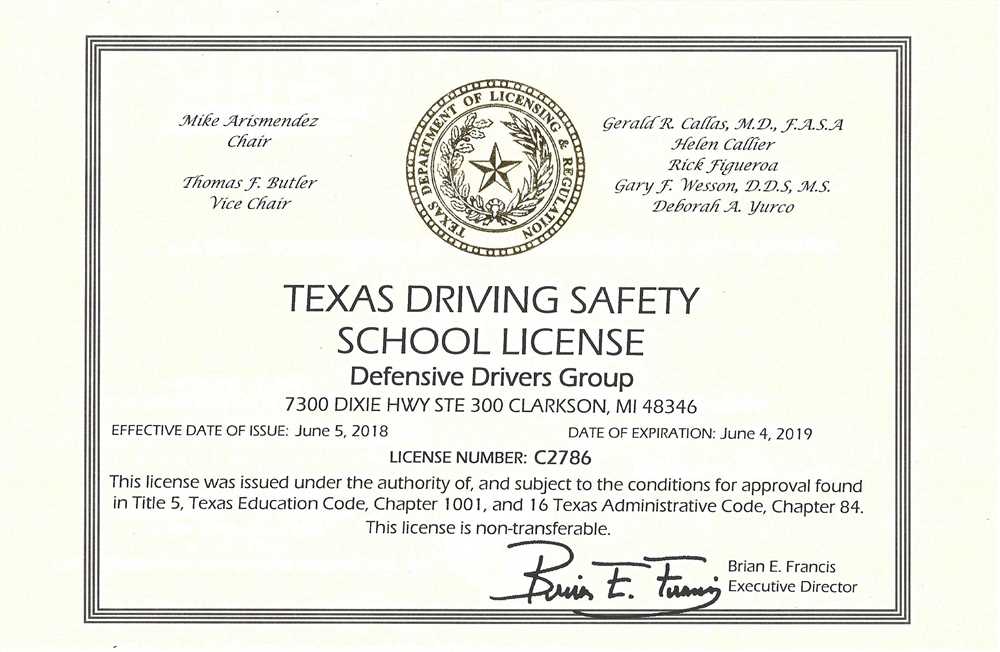
When it comes to conducting property transactions in Texas, it is crucial to ensure the integrity of the title being transferred. To achieve this, title examination standards have been established to guide professionals in the field. These standards serve as a blueprint for evaluating the validity and marketability of property titles, offering a systematic approach to conducting thorough title searches and assessments.
Consisting of a comprehensive set of guidelines, the Texas Title Examination Standards provide clarity and consistency in the examination process. They outline the necessary steps to be taken when researching the historical background of a property title, identifying potential defects or encumbrances, and determining their impact on the marketability of the title. Following these standards helps safeguard the interests of both buyers and sellers, ensuring that transactions are based on accurate and reliable information.
The Texas Title Examination Standards also establish a common language for professionals involved in the title examination process. By adhering to these standards, title examiners, attorneys, and other industry experts can effectively communicate and collaborate on title-related matters. This helps to minimize misunderstandings and discrepancies, leading to smoother and more efficient property transactions.
Texas Title Examination Standards

The Texas Title Examination Standards provide guidelines and best practices for conducting title examinations in the state of Texas. These standards were developed by the Title Standards Committee of the Real Estate, Probate, and Trust Law Section of the State Bar of Texas. Title examinations are an essential part of the real estate transaction process, as they help identify any issues or defects in the property’s title.
The Texas Title Examination Standards cover various aspects of title examination, including the examination of public records, the interpretation of legal descriptions, the examination of deeds and conveyances, and the identification of encumbrances and exceptions. These standards ensure that title examiners follow a consistent and thorough process when examining titles, which helps protect the interests of both buyers and sellers.
Key Points of the Texas Title Examination Standards:
- The title examiner must review public records, including deeds, mortgages, liens, and judgments, to determine the state of the property’s title.
- The legal description of the property must be accurately interpreted to ensure that it correctly identifies the boundaries and location of the property.
- The title examiner must examine all deeds and conveyances in the chain of title to verify the transfer of ownership and identify any defects in the chain.
- Encumbrances, such as easements, covenants, and restrictions, must be identified and analyzed to determine their impact on the property’s title.
- Exceptions to the title, such as mineral rights, must be identified and evaluated to determine their effect on the property’s title.
- The title examiner may need to consult with experts, such as surveyors, attorneys, or other professionals, to clarify any issues or uncertainties in the title.
By adhering to the Texas Title Examination Standards, title examiners ensure that they conduct thorough and accurate examinations of property titles, which helps facilitate smooth real estate transactions. These standards promote transparency and confidence in the title examination process, ultimately benefiting all parties involved in the transaction.
Overview of Texas Title Examination

The title examination process is an essential step in any real estate transaction in Texas. It involves a comprehensive review of the public records to determine the current status and ownership of a property’s title. This examination is crucial to ensure that the buyer receives clear and marketable title, free from any encumbrances or defects.
During the title examination, the examiner, typically an attorney or a title company, reviews various documents such as deeds, mortgages, liens, judgments, and tax records related to the property. They analyze the chain of title, which is the history of ownership transfers, to identify any potential issues or discrepancies. These issues can include outstanding liens, unpaid taxes, unreleased mortgages, and other legal encumbrances that may affect the property’s ownership and marketability.
The Texas Title Examination Standards, established by the Texas Land Title Association, provide guidelines and criteria for conducting a thorough examination. These standards outline the acceptable practices and procedures, ensuring consistency and accuracy in the title examination process. Title examiners are expected to follow these standards and exercise their professional judgment to identify and resolve any title defects or issues.
To assist in the title examination, title insurance companies offer their services to provide a policy that protects the buyer and lender against any undiscovered defects in the title. This title insurance policy is obtained after a careful title examination has been conducted. It serves as a safeguard and provides financial protection in case any title-related problems arise in the future.
In conclusion, the Texas title examination is a crucial step in the real estate transaction process. It ensures that the buyer receives a clear and marketable title, free from any encumbrances or defects. By following the Texas Title Examination Standards and obtaining title insurance, both buyers and lenders can have peace of mind knowing that their investment is adequately protected.
The Importance of Title Examination
When it comes to real estate transactions, conducting a title examination is an essential step to ensure a smooth and secure transfer of property ownership. Title examination is the process of reviewing and analyzing the history of a property’s ownership and any associated legal matters. It aims to determine the current legal status of the property and identify any issues that may affect the transfer of ownership. As such, title examination plays a crucial role in protecting the rights and interests of both buyers and lenders involved in a real estate transaction.
One of the primary reasons why title examination is important is to prevent any potential legal problems or disputes in the future. By thoroughly examining the property’s title, professionals can identify and resolve any existing liens, encumbrances, or claims that could pose a risk to the buyer or lender. This not only ensures a smooth transfer of ownership but also provides peace of mind to the parties involved. Without a proper title examination, a buyer may unknowingly assume liabilities and legal obligations that were attached to the property before their ownership, leading to potential financial loss and legal complications.
In addition to avoiding legal issues, title examination is vital for verifying the marketability of the property. It helps confirm that the seller has the legal right to sell the property and that there are no other competing claims or parties with an interest in the property. This is crucial for buyers who want to be certain that they are purchasing a property free and clear without any potential ownership disputes in the future. Lenders also rely on title examination to ensure that the property they are providing financing for is well-secured and has a clear title.
Furthermore, title examination provides protection against potential errors during the recording and indexing process. The examination involves checking public records, such as deeds, mortgages, and judgments, to confirm their accuracy and proper recording. Any errors or discrepancies found can be rectified before the transfer of ownership takes place, minimizing the risk of future legal challenges or complications.
In conclusion, title examination is of utmost importance in real estate transactions. It not only safeguards the interests of buyers and lenders but also ensures the marketability of the property and protects against potential errors. By conducting a thorough title examination, parties involved can proceed with confidence and avoid any unforeseen legal issues or disputes in the future.
Legal Requirements for Title Examination in Texas
In the state of Texas, there are specific legal requirements that must be followed when conducting a title examination. Title examination is a crucial part of the real estate transaction process, as it helps to ensure that the property being sold has a clear and marketable title.
In Texas, title examiners must adhere to the standards set forth by the Texas Department of Insurance. These standards outline the procedures and documentation that title examiners are required to use when conducting an examination. Some of the key requirements include:
- Chain of title: The title examiner must review the chain of title for the property, which is the sequence of historical transfers of ownership. This helps to ensure that there are no gaps or breaks in ownership that could affect the marketability of the title.
- Public records search: The title examiner must conduct a thorough search of public records, including deeds, mortgages, liens, and judgments, to identify any encumbrances or claims against the property. This helps to uncover any potential issues that could impact the title.
- Title insurance commitment: After completing the examination, the title examiner must issue a title insurance commitment. This commitment outlines the conditions under which the title insurance policy will be issued, including any requirements or exceptions that may exist.
- Certification: Once the title examination is complete, the examiner must provide a certification stating that the examination was conducted in accordance with the Texas Department of Insurance standards. This certification helps to ensure that the examination was thorough and accurate.
Complying with these legal requirements is essential to protect the interests of both the buyer and seller in a real estate transaction. By conducting a thorough title examination, the parties involved can have confidence in the marketability of the property’s title and avoid any potential issues or disputes in the future.
Texas Title Examination Process
When it comes to examining titles in Texas, there are several standards and guidelines in place to ensure accuracy and thoroughness. The Texas title examination process is an essential step in real estate transactions, as it helps determine the ownership rights and any potential issues or encumbrances on the property.
Title Search: The first step in the title examination process is conducting a title search. This involves reviewing public records, such as deeds, liens, mortgages, and other legal documents, to verify the chain of ownership and determine if there are any existing claims or encumbrances on the property.
- Abstract Exam: In some cases, an abstract of title may be created to summarize the findings from the title search. This abstract provides a concise overview of the ownership history, liens, and other relevant information about the property.
- Examination of Legal Documents: Once the title search is complete, the examiner carefully reviews each legal document related to the property, paying close attention to details such as names, signatures, dates, and any potential discrepancies that may affect the validity of the title.
- Verification of Taxes and Assessments: The title examiner also verifies that all taxes and assessments on the property have been paid in full. This includes examining tax records, assessing any outstanding fees, and ensuring compliance with applicable regulations and laws.
Issuance of Title Opinion: Based on the findings from the title examination, the examiner prepares a title opinion. This opinion provides a legal assessment of the property’s title, outlining any potential issues or encumbrances that may affect its marketability. It is important for all parties involved in the real estate transaction to review the title opinion before proceeding with the transaction.
In summary, the Texas title examination process involves conducting a title search, creating an abstract of title if necessary, examining legal documents, verifying taxes and assessments, and issuing a title opinion. This diligent process helps identify any potential issues or encumbrances on the property, allowing for a smoother and more secure real estate transaction.
Documents Involved in Texas Title Examination

In Texas, title examination is a crucial step in the real estate transaction process. It involves reviewing various documents to ensure the legal ownership of a property and assess any potential issues or encumbrances. There are several important documents that are typically examined during the title examination process.
1. Deeds: Deeds are legal documents that transfer ownership of a property from one party to another. During the title examination, the examiner will review the chain of deeds to ensure there is a clear and unbroken history of ownership.
2. Liens and Encumbrances: Liens and encumbrances are financial claims or restrictions that may affect the property’s title. These can include mortgages, tax liens, mechanic’s liens, and easements. The title examiner will assess these documents to determine if there are any outstanding obligations or restrictions that could affect the property’s ownership.
3. Surveys: Surveys provide a detailed map or drawing of the property’s boundaries, structures, and any easements or encroachments. Title examiners review surveys to ensure they accurately represent the property and identify any potential boundary or encroachment issues.
4. Plat Maps: Plat maps are official records that show the division of land into individual lots or parcels. These maps are important for determining the legal description and boundaries of the property being examined.
5. Restrictive Covenants and Homeowner’s Association Documents: Some properties are subject to restrictive covenants or homeowner’s association rules and regulations. Title examiners will review these documents to ensure compliance with any applicable restrictions or requirements.
Overall, the title examination process in Texas involves a thorough review of various documents to ensure the legal ownership of a property and identify any potential issues or encumbrances. It is an essential step in the real estate transaction process that helps protect the interests of buyers and lenders.